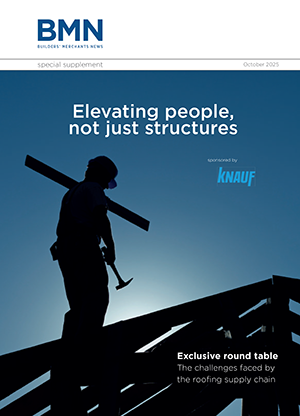The Zero Carbon Hub has proposed several solutions to the performance gap issue in its End of Term report, which was launched on 8 July.
The report identified that there is a gap between design and as-built performance, and as such, the Hub has put forward suggestions to government and industry on ways to close the gap, with the aim of ensuring that at least 90% of all new homes meet or exceed the designed energy/carbon performance by 2020.
The list of priority actions for industry includes:
- Performance assessment R&D. Undertake the research and development necessary to create innovative testing, measurement and assessment techniques to understand the performance gap and develop commercially viable methodologies acceptable across industry for ‘demonstrating performance’
- Skills and knowledge development. Ensure that as-built energy performance knowledge, including learning from ongoing research and development, is embedded into training and up-skilling for professionals and operatives
- Construction details scheme. Develop an industry-owned and maintained construction details scheme providing ‘assured’ as-built energy performance for the most common major fabric junctions and systems
- Continued evidence gathering. Support further evidence-gathering processes and coordinated feedback to ensure accelerated continual improvement across all sectors of industry.
Meanwhile, the report suggests the following for government:
- Signal clear direction. Clearly indicate that, in place of immediate additional regulation, it expects the construction industry to act now and have put in place a number of measures to ensure that the energy performance gap is being addressed and to demonstrate this by 2020
- Stimulate industry investment. Signal their long-term intent by funding research and development into testing, measurement and assessment techniques with immediate effect, to support the industry in providing the information necessary to quantify the performance gap and create the learning loops required to drive continuous improvement. Additionally provide pump prime funding to enable industry to develop a construction details scheme
- Strengthen compliance regime. Take action by 2016 to ensure that the Zero Carbon Hub recommended revisions to energy modelling practices, SAP processes and verification procedures, together with a strong regime to ensure that only suitably qualified persons carry out energy modelling and assessment, can be put in place
- Support skills and knowledge development. Accelerate the demand for industry-developed qualification schemes by requiring energy-certified operatives and professionals for developments on public land from 2017.






